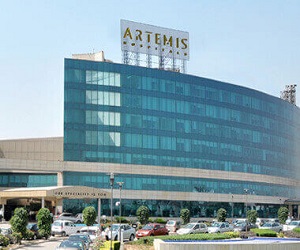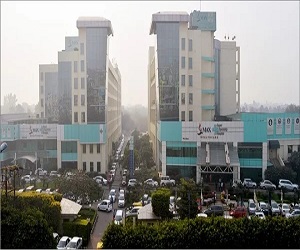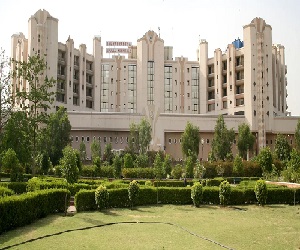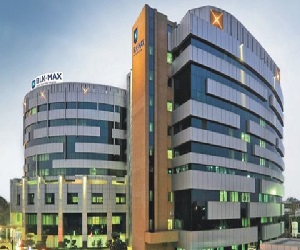The discs between the vertebrae in the spinal cord consist of a soft inner part called the nucleus and a tougher outer layer called the annulus. A herniated disc happens when part of the nucleus protrudes through a tear in the annulus, potentially compressing a nerve and causing symptoms. Another significant concern for many people is the cost of herniated disc treatment in India. Let’s delve into your questions regarding its causes, procedures, and post-operative care in detail.
What is Herniated Disc Surgery?
Between each vertebra in your spine, there is a disc that acts as a cushion. These discs provide essential shock absorption for your bones. When a disc herniates, it pushes into the spinal canal and extends beyond its protective capsule. Herniation can occur anywhere along the spine, including the neck, but it is most common in the lower back (lumbar vertebrae). Improper lifting or sudden twisting of the spine can cause a disc to rupture. Other contributing factors include being overweight and the natural wear and tear from aging or illness. This issue can often be addressed through herniated disc surgery, typically a microdiscectomy.
Herniated disc treatment cost in India is typically inexpensive. But it varies depending on the hospitals.
What are the benefits of Herniated disc surgery?
A 2015 study found that 84 percent of individuals who had a microdiscectomy experienced long-term relief from herniated disc symptoms. Sciatica, a painful condition caused by compression of spinal nerves, is most commonly due to a herniated lumbar disc. As the herniated tissue expands into the spinal column, it irritates the nerves, which then send pain signals to the brain, often making it feel like the pain originates in the legs. Most people with sciatica recover without surgery within a few weeks. However, if sciatica pain persists for more than 12 weeks, a microdiscectomy might be beneficial.
Who needs Herniated disc surgery?
Symptoms of a herniated disc include persistent back discomfort, sharp pain that worsens with bending and lifting, numbness and potential loss of sensation in the legs, loss of bladder and bowel control, and an increased risk of falls. If you experience any of these symptoms, it is important to seek medical attention.
How is Herniated Disc Surgery done?
The most common procedure to treat a herniated disc in the lumbar region is a discectomy. During this treatment, the fragment of the disc that is pressing on the nerve root is removed. In some cases, the entire disc may be taken out.
The surgeon will access the disc through an incision in the back (or neck). If possible, a smaller incision and specialized tools will be used to achieve the same goals. This newer, less invasive procedure is called a microdiscectomy. These treatments can sometimes be performed on an outpatient basis.
What are recovery and post-op care after Herniated disc surgery?
According to the North American Spine Society, individuals who undergo surgery for a herniated disc sooner rather than later may experience quicker recovery and better long-term health outcomes. Most patients can typically return home within 24 hours after the procedure, and many may even go home the same day. After herniated disc surgery, doctors recommend avoiding the following activities for approximately four weeks:
- driving when seated for a long time
- lifting large objects while hunching over
After surgical repair of a herniated disc, certain exercises may be beneficial for recovery. However, patients should consult their physician or surgeon before engaging in any intense activities. Surgeons may also recommend rehabilitation therapy to aid in the recovery process.
What are the risks and complications of Herniated disc Surgery?
Risks associated with herniated disc surgery include infection, hemorrhage, and nerve injury. If the disc is not fully removed, it can rupture again. Patients with degenerative disc disease may also face issues with additional discs. Post-surgery stiffness, especially after spinal fusion surgery, is expected and may be permanent. Doctors provide detailed post-operative care instructions, including when to resume daily activities and start exercising. In some cases, physical therapy may be necessary. It is crucial to follow your doctor’s advice. Although every case is unique, most people recover well from disc surgery. Your specific outlook depends on:
- the specifics of your procedure
- any difficulties you may have had, and how you’re feeling overall
Herniated Disc Surgery cost in India are as follow
| Treatment | Cost in USD | Stay in Hospital |
| Herniated Disc Surgery | 4000-5500 | 7-8 Days |
| Artificial Spine Lumbar Disc Replacement | 5500-6000 | 3-4 Days |
| Cervical Spine Surgery | 4000-4500 | 7-8 Days |
| Minimally Invasive Spine Surgery | 4000-5000 | 7-8 Days |
| Spine Tumor Surgery | 3500-4000 | 7-8 Days |












